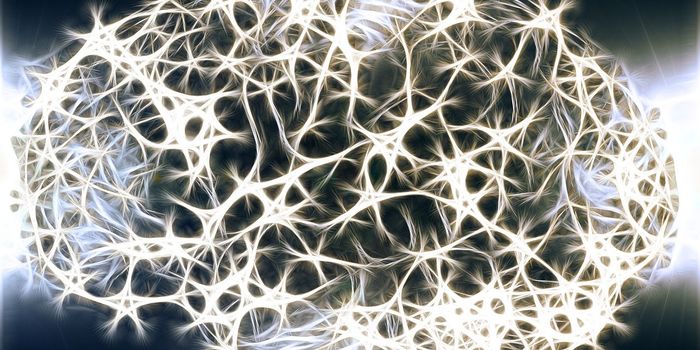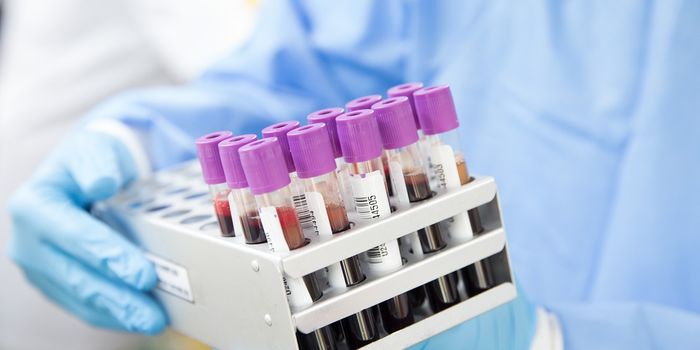Epilepsy Drug Blamed for Severe Birth Defects
A commonly prescribed drug for the treatment of epilepsy and bipolar disorder is officially blamed for causing severe birth defects in as much as 4,100 babies in France. The results highlight the dangers of underrepresentation of women in clinical trials.
The drug is known as valproate (brand name Depakote), and is prescribed worldwide to treat epilepsy, bipolar disorder, and even migraine headaches. In particular, the drug is quite effective at preventing seizures in people with epilepsy. The drug was discovered in 1881 and came into medical use in the early 1960s. French doctors began prescribing this drug since 1967.
Doctors noted common minor side effects such as nausea, vomiting, and drowsiness, along with more serious side effects, such as liver problems and pancreatitis. However, the drug’s effects to the fetus only came to light in the recent decades, especially in France.
French medical drug regulators, ANSM, examined data of expectant mothers exposed to valproate during their pregnancy. In the 50 years since valproate has been prescribed in France, the researchers found between 2,150 and 4,100 children were born with at least one serious congenital abnormality.
“The study confirms the highly teratogenic nature of valproate,” Mahmoud Zureik, ANSM’s scientific director and the study’s co-author. “The figure of about 3,000 severe malformations is very high.”
The preliminary study report also cited that pregnant mothers exposed to valproate were four times more likely to give birth to a child with birth defects. These include spina bifida – a serious birth defect involving the incomplete closing of the backbone and spinal cord, heart and genital defects, as well as facial abnormalities.
In the 1980s, the drug was linked to spina bifida. However, France only tightened regulations on valproate prescriptions in 2014. This has opened the door for many lawsuits against drug maker Sanofi.
"The number of victims is potentially huge," said Marine Martin, president of APESAC, a French organization. "We need to take into account children with malformations and autism, as well as families that lost a baby due to treatment during pregnancy.” Indeed, valproate exposure during pregnancy is linked to children with lower IQ, and an increased risk for autism.
As for Sanofi, the company has claimed to warn against use of this drug during pregnancy since 2011, saying that they were "totally transparent with health authorities. We are aware of the painful situations faced by families whose children have problems that may be related to their mother’s treatment of anti-epileptic drugs during pregnancy.” But this will not likely stop the onslaught of lawsuits coming towards Sanofi in the near future.
The valproate disaster is only too eerily similar to another pharmaceutical disaster – that of the drug thalidomide. Thalidomide was marketed as a potent sedative to the 1950s postwar era when people experienced high anxiety and sleeplessness. Because German developers could not find a lethal dose in rat studies, the drug was touted to be safe for everyone, including women and children. It gained special popularity with expectant mothers as it seemed effective at relieving morning sickness symptoms. But five years after the drug entered the market in 46 countries, it was recalled and banned for causing severe birth defects to over 10,000 babies worldwide.
And disasters such as these will unfortunately happen again if clinical trials aren’t conducted rigorously with the appropriate representation of participants.
Additional sources: BBC









